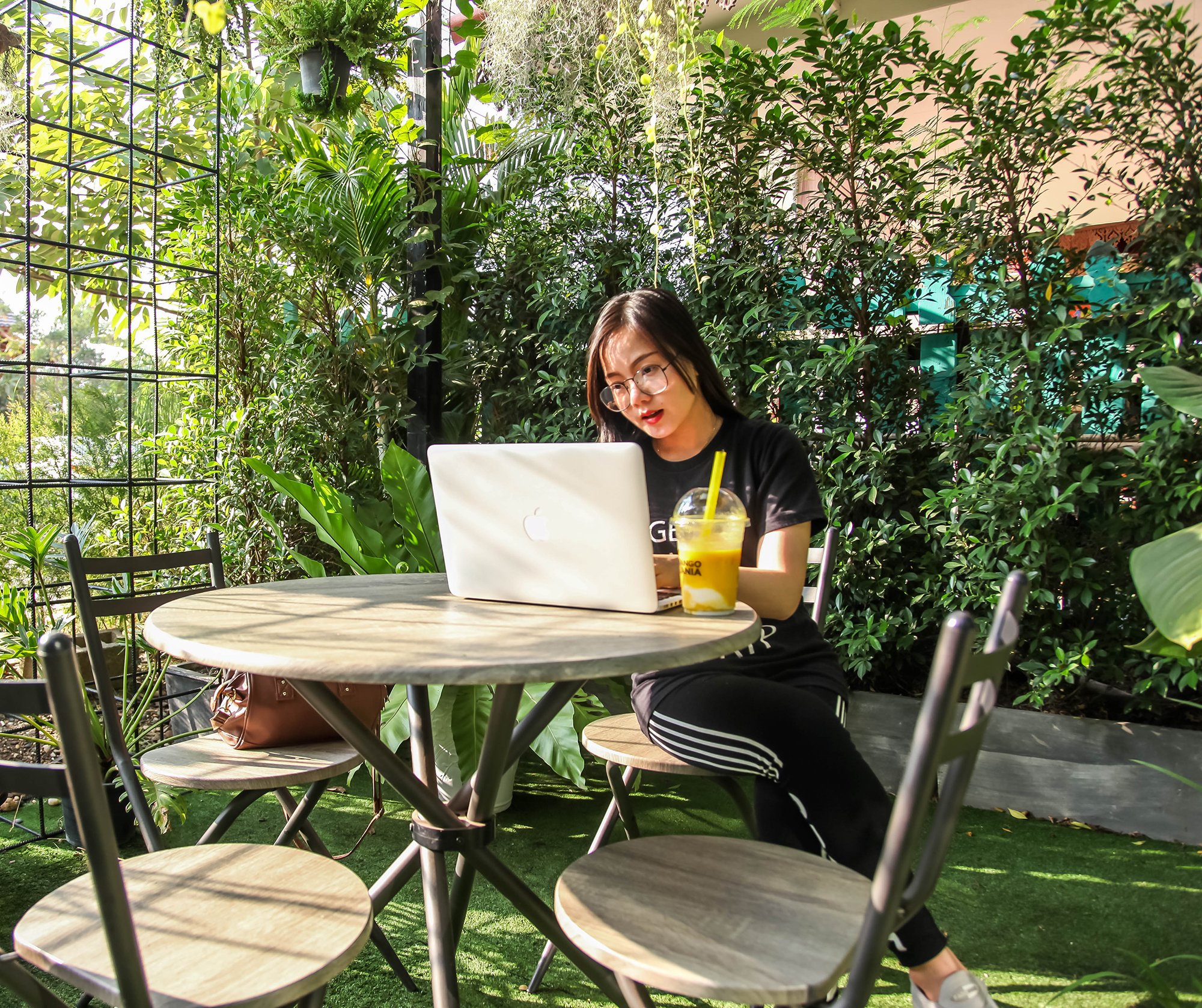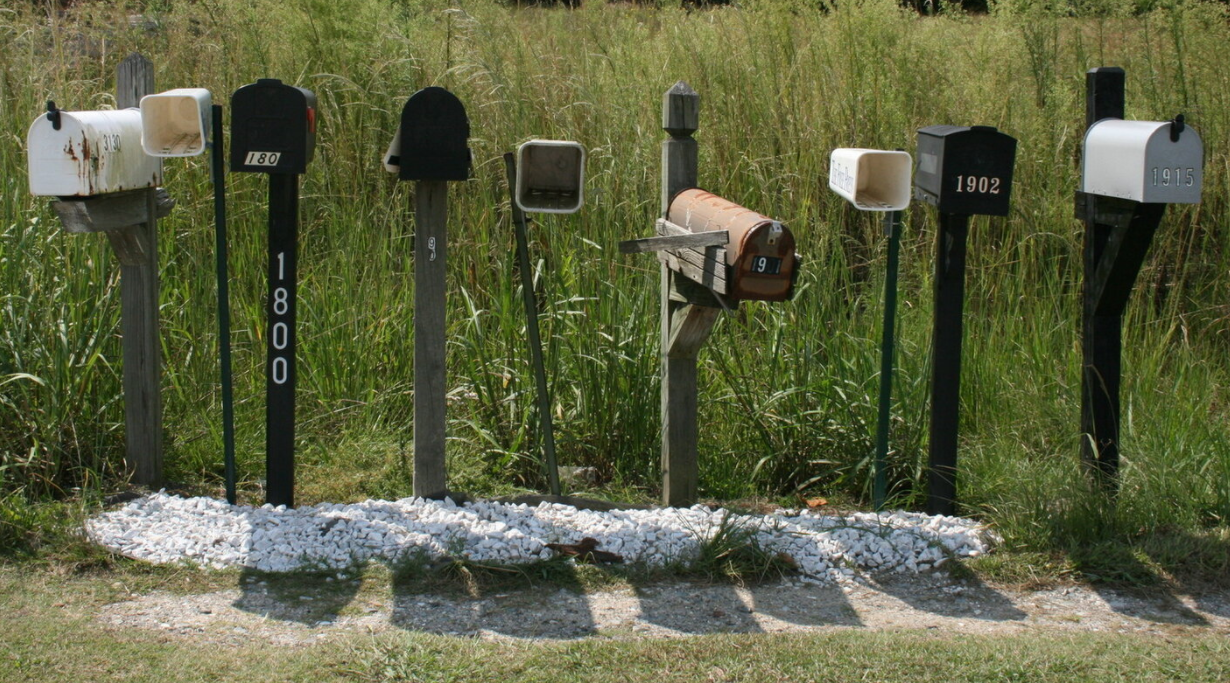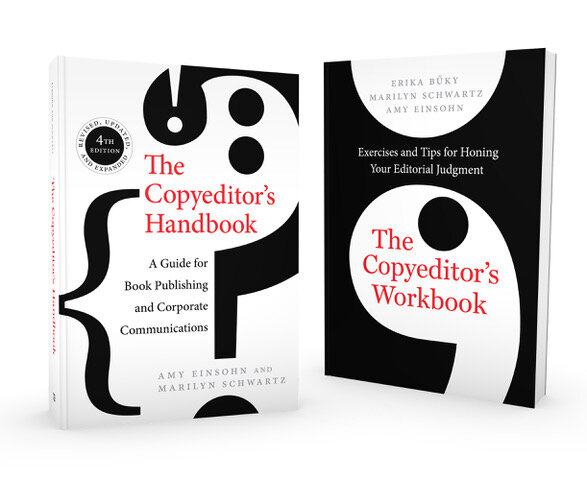
The Neurodivergent Editor: Finding Self-Compassion with Irene Doukas Behrman
Being neurodivergent brings a unique challenge to editors. While there’s no “right” way to be neurodivergent, some prefer remote or freelance jobs where there can be fewer distractions and they can control certain factors, like noise or light levels. But remote and freelance work can also be overwhelming to those struggling to keep up in a neurotypical workforce. With the pandemic bringing forth more remote jobs than ever before, and society shifting its understanding of how the brain works—leading to more people being diagnosed, especially among women—I have been increasingly interested in learning about what it means to be neurodivergent, especially as a freelancer.
So I was excited to be able to talk to Irene Doukas Behrman, an editor at Euro-Med Human Rights Monitor, over email about her experiences being neurodivergent and working remotely.

Taking the Sting Out of Editing with Ariel Anderson of ‘Edit Your Darlings’
As a new-ish editor, I spend a lot of time researching and learning about editing, whether that’s through reading books, watching videos about it on YouTube, or listening to podcasts. Unfortunately, finding the latter can be a little tricky, since “editing podcast” or “podcasts about editing” or “show me an editing podcast, damn it” all yield results about how to edit your podcast. While I’ve learned it helps to be more specific (searching “podcasts about copyediting,” for example), to emerging editors who haven’t quite found their niche yet, it can be a little daunting when you don’t know where to start.
So I was delighted to learn that Seattle Guild member Ariel Anderson has her own podcast, titled Edit Your Darlings, where she covers a broad range of editing subjects through her interviews.

How Do I Zoom?
There is no clear end in sight for the period of social distancing necessary to flatten the infection curve, but that doesn’t mean we can’t connect online. For the foreseeable future we will be meeting on Zoom. If you’re new to Zoom, this post is for you! It will walk you through the process of setting up and participating in Zoom meetings.

Resources for Troubling Times: What Editors Need to Know During the COVID-19 Pandemic
If you find yourself unsettled these days, you aren’t alone. Though editors often work from home, many of us are new to being 100% remote. The struggles that come from working at home are amplified with isolation and loss of routine due to stay-at-home orders, making focus and motivation difficult throughout the day.

How to Reach Out: The Basics of Our Member-Only Listserv
Confused about how the Guild’s member-only listserv works? This post is here to answer your questions!

English as We Have Loved It
When Amy Einsohn’s classic Copyeditor’s Handbook was first published in 2000, at least 50 percent of copyeditors in the book industry (a sector of publishing rarely ahead of the technology curve) were still marking paper manuscripts with No. 2 pencils, according to panelists at a conference for on-screen editing held in San Francisco that year. Many deft amateurs still learned their craft, as Amy and I had, by apprenticing to a battle-tested in-house editor or by following hand-marked foul copy while proofreading typeset galleys. Publishers, the traditional gatekeepers of content, still typically anointed lucky authors for fifteen minutes of fame, although spurned writers sometimes resorted to the widely disparaged practice of “vanity publishing” by digging into their own pockets. Some of us editors even had “real jobs”—the kind with regular paychecks and benefits. (Secure in my niche as managing editor at the University of California Press, I was among the fortunate ones.)
The culture and practice of editing have profoundly changed since then.
